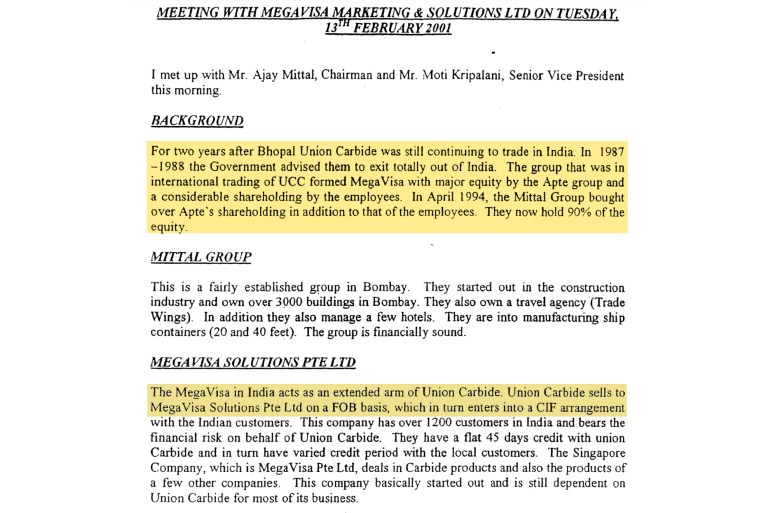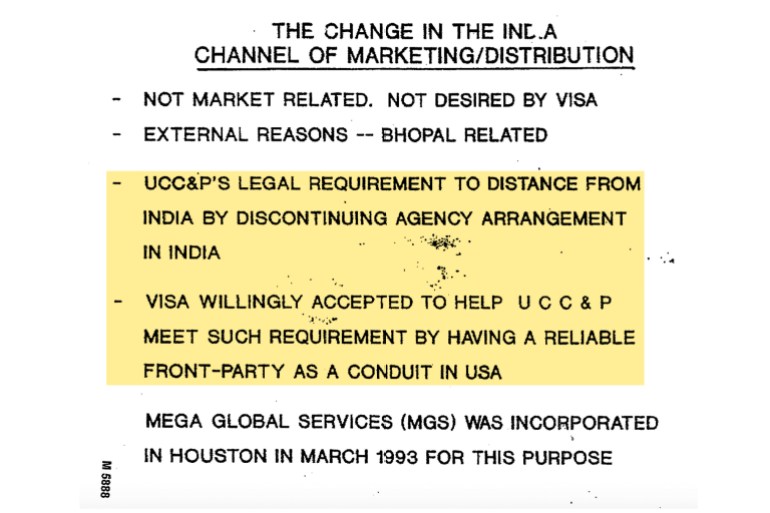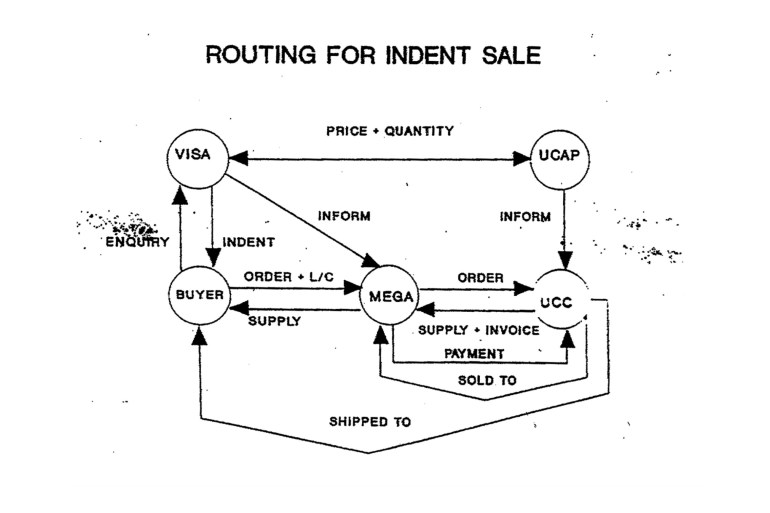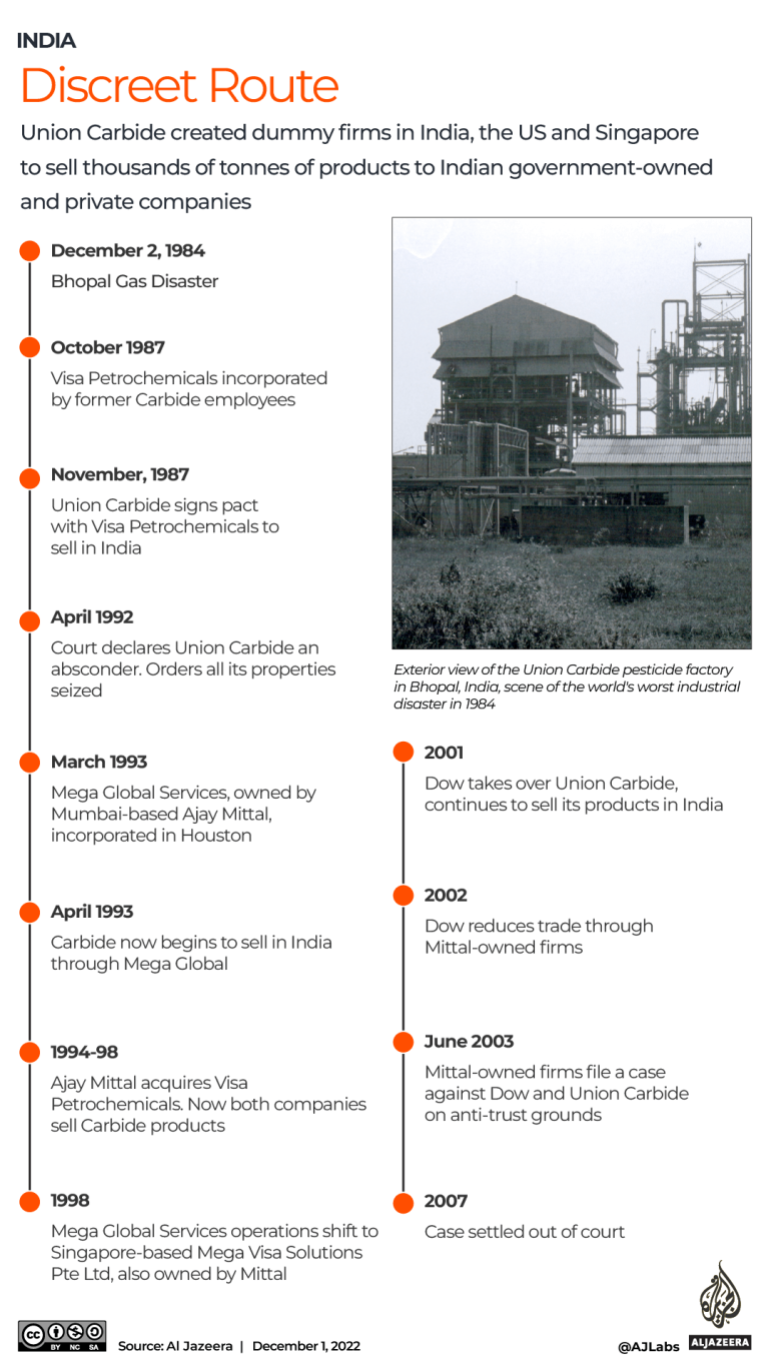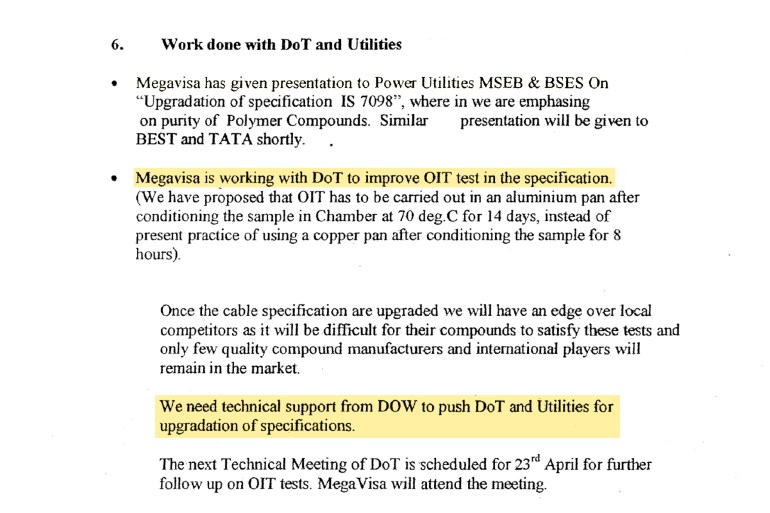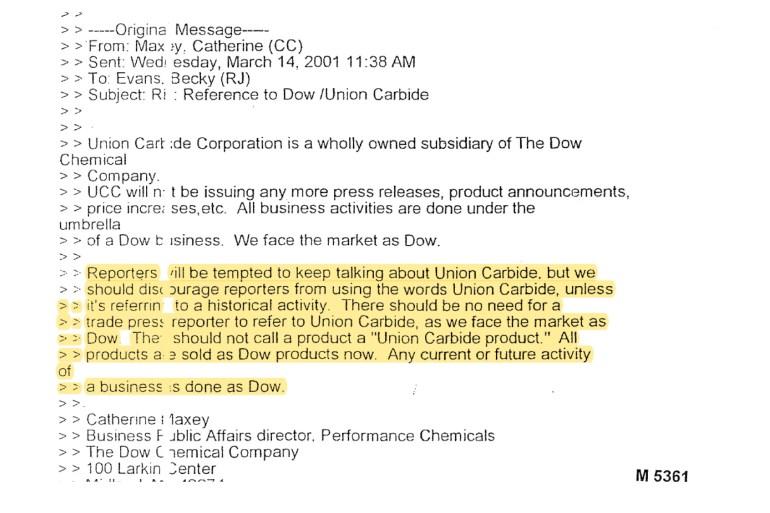The Volatility of US Hegemony in Latin America
(Part III)
Challenges Ahead for the Pink Tide
A surging Pink Tide has brought left electoral victories in Latin America and the Caribbean protesting the neoliberal model imposed by the US and its collaborators. Neoliberalism has failed to meet the needs of the peoples of the region and is losing its legitimacy as a prototype for development.
However, the countries of the region must of necessity engage in a world financial order dominated by the US, which limits the possibilities of developing their economies successfully.
Troubled waters
US and other western central banks – what Nicaraguan President Daniel Ortega calls the “gang of assassins who control the global economy” – maintained low interest rates for much of the last decade which encouraged countries in Latin America and the Caribbean to take out large loans.
Starting around 2021, interest rates were slowly raised. Coincident, the pandemic hit and developing countries were forced to go further into debt to fund Covid measures and cushion the effects of the economic dislocation. In these volatile times, the value of the US dollar has increased on international markets.
For developing nations, this has meant higher interest payments coupled with capital flight to US financial markets in particular. Inflation, fueled by US and allied sanctions on Russia, have disrupted international supply chains, making goods less available and more expensive. In addition, large corporations have extracted excess profits.
The Pink Tide meets a right-wing counter current
Paradoxically those very problems which the left-leaning governments protested about, now have become theirs to solve once in power and at a time of growing economic distress. What Reuters calls the now “orphaned right” in Latin America and the Caribbean may be down but not dead.
Mexico. In Mexico, AMLO is termed-out for the 2024 presidential race. The popular president is currently advocating contentious electoral reforms and expanded welfare. Economic growth is stagnating, and the country continues to be plagued with horrific drug cartel violence. The US is heavily pressuring Mexico to accept GMO crops, energy sector privatization, and measures to prevent immigrants for crossing the border into the “land of the free.”
Argentina. Argentina, a major global supplier of grains and soybeans, is in the third year of a draught. The economy is in shambles with inflation running at nearly 100%, wages stagnant, and an enormous debt incurred by the former rightist administration.
Current vice president and former president (2003-2007) Cristina Fernández de Kirchner (CFK) is the likely left candidate in the upcoming presidential race in October. She may be pitted against former right-wing president Mauricio Macri in what would be a polarizing contest. CFK, who narrowly escaped death when the assassin’s gun jammed, is facing major legal “lawfare” challenges for corruption. Presently, the right is favored to win in the polls.
Bolivia. President Arce faced a month-long coup attempt in the Santa Cruz department of Bolivia. Right-wing forces set up blockades and violently attacked unionists and campesinos, causing considerable damage to the national economy before an agreement was reached. The timing of the next national census was the ostensible point of contention, but the larger and continuing purpose was to destabilize the leftist administration.
Peru. The ever-mercurial Peru has had five presidents in three years. After winning by a razor thin margin, the majority right-wing legislature has so hounded President Castillo that he has literally been unable to govern. They have even blocked his ability to leave the country while he is being investigated on multiple corruption charges. Castillo is hanging in there by his fingernails, having survived two impeachment attempts (and another in progress) and some five cabinet reorganizations.
Honduras. After over 12 years of US-aligned governments in Honduras, President Castro has inherited a strongly entrenched rightist judiciary, military, and police and a weak economy. A state of emergency was imposed at the end of November to address widespread extortion by gangs.
The new president has proceeded cautiously given her constrained options. The legislature passed her repeal of the ZEDE free trade zones. But the US ambassador has interfered in Honduran affairs, opposing the repeal.
Chile. Gabriel Boric has tried to position himself as the “good” non-authoritarian left. On the campaign trail and in office, he criticized Cuba, Venezuela, and Nicaragua, creating disunity among the left-leaning Latin American states. Maduro of Venezuela returned the compliment by labelling him the “cowardly left”; Ortega of Nicaragua called him a White House “lapdog.”
While he may ingratiate himself to the US, President Boric’s popularity ratings have plummeted. He surfed into office on the popular wave for a new constitution to replace the Pinochet-era one, but which went down in a referendum on September 4 with only 38% approval. The economy is in decline and the indigenous Mapuche people are in revolt.
Colombia. The new progressive president has to carefully triangulate with the entrenched right and the colossus of the north. Colombia is the only NATO “global partner” in Latin America, and President Petro has proposed bringing NATO into the Amazon. The congenitally anti-communist, neoliberal Soros foundation is also working closely with the new government.
Despite these constraints, President Petro has reopened relations with Venezuela, reversing Colombia’s previous role as the US surrogate to attack its neighbor. Petro has forged ahead with his Total Peace initiative with the ELN and other armed guerillas, based on the 2016 Peace Agreement. Further, the new administration seeks to negotiate peaceful settlements with right paramilitaries and drug cartels. Meanwhile, illicit cocaine production in Colombia, the world’s largest supplier, is on a record increase.
Petro has also been successful in getting his tax reform enacted to fund his ambitious social programs. Nevertheless, his energy policies present problematic choices between extraction for profit and retrenchment for the environment.
Brazil. Lula beat Bolsonaro by 1.5%. Given the unexpected closeness of the vote and Bolsonaro’s extreme right-wing positions, not to mention his bungling of the Covid crisis and general mismanagement, some analysts considered the election more of a rejection of Bolsonaro than an affirmation of Lula. A significant proportion of the electorate believe, without evidence, that Lula is a corrupt criminal who stole the election.
For over three weeks after Bolsonaro lost, right-wing truckers blocked Brazil’s highways in protest, and evangelicals preyed outside military bases calling for the army to overturn the vote. Bolsonaro neither conceded, nor commented, nor even appeared in public. His Vice President Hamilton Mourão offered the excuse that his chief had a skin disease preventing him from wearing pants!
Finally, Bolsonaro called for annulling over half the votes because of a supposed bug in the electronic system, which would allow him to remain president of Brazil. The independent election authority reaffirmed Lula’s legitimate victory.
Lula’s Workers’ Party lost some of the major cities and states and lacks an effective majority in the national legislature, immediately forcing Lula to moderate his economic agenda after his initial proposal set financial markets plunging. Lula’s running mate and now VP Geraldo Alckmin is a center-right politician, who was included on the ticket to attract that constituency. Lula will take office on January 1.
Prognosis for the Pink Tide
The recent left successes of the Pink Tide have been considerable, but may be transient, subject to the ebb and flow of the electoral arena. Further, this Pink Tide is limited by social democratic politics ideologically tied to accommodating their own bourgeoisies, which inhibits how far social change can be achieved.
Significantly, no new revolutions accompanied this current wave of left electoral victories. Nor are any new revolutions currently on the horizon. The existing socialist countries of Cuba, Venezuela, and Nicaragua have been engaged in defensive struggles against the regime-change campaigns of the US. Their futures are more constrained than they were a decade ago. And their continued survival is by no means guaranteed.
Overarching the hemisphere is the continued presence of US. Globally, Washington has become more aggressive in asserting its dominance and more unified in its imperialist mission now that the Democrats have become the leading party of war.
Meanwhile, recessionary clouds are gathering over the world economy which will impede the left-leaning administrations’ social programs. Unlike the previous Pink Tide of 2008, this one won’t be buoyed by a comparable commodities boom.
Nevertheless, looking into the new year, Venezuelan President Maduro observed at a meeting of the São Palo Forum of regional left parties: “We are facing a favorable wave for the peoples, for the anti-neoliberal model, for the advanced pro-independence model.”
The Volatility of US Hegemony in Latin America
(Part II)
Cuba, Venezuela, Nicaragua, Haiti, and China
The US has long considered Latin America and the Caribbean to be its “backyard” under the anachronist 1823 Monroe Doctrine. And even though current US President Biden mistakenly thinks that upgrading the region to the “front yard” makes any difference, Yankee hemispheric hegemony is becoming increasingly volatile. A “Pink Tide” of left electoral victories since 2018 have swept Mexico, Argentina, Bolivia, Peru, Honduras, Chile, Columbia, and Brazil. At the same time, China has emerged as an economic presence while tumultuously inflationary winds blow in the world economy.
In this larger context, the socialist triad of Cuba, Venezuela, and Nicaragua are addressed below along with the importance of Haiti.
Henry Kissinger once quipped: “To be an enemy of the US is dangerous, but to be a friend is fatal.” He presciently encapsulated the perilously precarious situations in the “enemy” states targeted for regime change by the imperial power – Cuba, Venezuela, and Nicaragua – as well as the critical consequences for Haiti of being “friended.”
Out-migration from Cuba, Venezuela, and Nicaragua
While accommodation and cooption by Washington may be in order for social democracies such as the new administrations in Colombia and Brazil, nothing but regime ruination is slated for the explicitly socialist states. Looking pretty in pink is begrudgingly tolerable for Washington but not red.
The Democratic Party speech writers may lack the rhetorical flourish of John Bolton’s “Troika of Tyranny,” but President Biden has continued his predecessor’s “maximum pressure” campaign against Cuba, Nicaragua, and Venezuela. The result has been unprecedented out migration from the three states striving for socialism, although the majority of migrants entering the US are still from either the Northern Triangle (consisting of Guatemala, El Salvador, and Honduras) or Mexico.
US immigration policy is cynically designed to exacerbate the situation. The Biden administration has dangled inconsistent political amnesties jerking Venezuelan and Nicaraguan immigrants around. The Cuban Adjustment Act, dating back to 1966, perversely encourages irregular immigration.
With Cuba, Venezuela, and Nicaragua, the pull of economic opportunities drives people to leave in the face of sanctions-fueled deteriorating conditions at home. These migrants differ from those from the Northern Triangle, who are also fleeing from the push of gang violence, extortion, femicide, and the ambiance of general criminal impunity.
Socialist states red-lined
US sanctions, which have literally red-lined Cuba, Nicaragua, and Venezuela, are more lethal than ever. The electronic technology for enforcing the coercive measures has far advanced since the days over six decades ago when JFK first visited what is called the “blockade” on Cuba. Further, the effect over time of sanctions is to corrode socialist solidarity and cooperation. And in recent times, cyber warfare using social media is effectively wielded by the imperialists.
Natural disasters have a synergistic effect aggravating and amplifying the pain of sanctions. An August lightning strike destroyed 40% of Cuba’s fuel reserves. Then Hurricane Ian hit both Cuba and Nicaragua in October, while Venezuela experienced unprecedented heavy rainfall, all with lethal consequences.
The Covid pandemic stressed these already sanctions-battered economies, presenting the unenviable choice of locking down or working and eating. Cuba was forced to suspend tourism, which was a major source of foreign income. Venezuela chose an innovative system of alternating periods of lockdown. Nicaragua, where three-quarters of the population work in small businesses and farms or the informal sector, implemented relatively successful public health measures while keeping the economy open.
Venezuela has made remarkable progress turning around a complete economic collapse deliberately caused by the US sanctions, but it still has a long, long way to recovery. For example, poor people are getting fat in Venezuela, not because there is too much food, but because there is not enough. Consequently, they are forced to subsist on high caloric arepas made of fried corn flour and cannot afford more nutritious vegetables and meats.
Nicaragua is bracing for more US sanctions, while the situation in Cuba is more desperate than ever. But with international support and solidarity, the explicitly socialist states have continued to successfully resist the onslaughts of imperialism.
Haiti made poor by imperialism
Compared to Cuba, Venezuela, and Nicaragua, Haiti is suffering even more. It is the poorest country in the hemisphere, made so by imperialism. Few countries in the hemisphere have had as intimate a relationship with the hegemon to the north as Haiti…unfortunately. Presently civil society has risen up in revolt and for good reason.
Haiti achieved independence in 1804 in the world’s first successful slave revolt and the first successful anti-colonial revolution in Latin America and the Caribbean. For those Afro-descendants, the price of freedom has been stiff. The former colonial power, France, along with the US have been bleeding Haiti dry ever since. Over $20 billion has been extracted for “reparations” under the force of arms for the cost of the slaves and repayment of the consequent “debt.”
Under US President Bill Clinton – he has since apologized after the damage was done – peasant agriculture was destroyed with an IMF deal. Since then, Haiti has gone from being a net exporter of rice to an importer from the US. The consequent population shift from the land to the cities conforms to the designs for Haiti to be a low-wage manufacturing center for foreign capital.
The treatment of Haitian immigrants and would-be immigrants on the US southern border by the overtly racist and anti-immigrant Donald Trump has been even worse by his supposedly “woke” Democratic successor. Tellingly, Biden’s special envoy quit in protest because he found the administration’s policy, in his words, “inhumane.”
Haiti has been without an elected president. Ariel Henry, the current officeholder, was simply installed by the Core Group of the US, Canada, and other outside powers after his also unelected predecessor, Jovenel Moïse, was assassinated in July 2021. The Haitian parliament doesn’t meet, most government services are non-functional, rival armed groups control major swarths of the national territory, and cholera has again broken out.
The US has proposed a return of a multi-national military force like the previous disastrous MINUSTAH effort by the UN, which left the country in the state it is now. Little wonder that the peoples of the hemisphere aspire to alternatives to the US aiding their development.
Chinese tsunami and the Russian rip tide
China has emerged as an alternative and challenger to US dollar dominance of the hemisphere. China has provided vital life support for the socialist states targeted by US for regime change. During the Covid pandemic, China supplied the region with medical equipment and vaccines, literally saving lives.
The Chinese economic presence has been like a tsunami wave from the east building up as it approached the American landmass. In 2000, China accounted for a mere 2% of the region’s trade. Economic exchanges began to swell when China joined the World Trade Association in December 2001. Today, China is the number one trading partner with South America and second only to the US for the region as a whole.
China has expanded its political, cultural, and even military ties with the region, while Taiwan’s fortunes have receded. Over twenty Latin American and Caribbean countries have joined the Chinese Belt and Road Initiative (BRI), offering more diverse commercial and financial options.
Russia, too, has been a salvation as when Cuba was caught in the pandemic peak with the Delta strain and their oxygen plant broke down. Russia airlifted life-saving oxygen and later brought vital fuel after the fires at Matanzas crippled the Cuban energy grid.
• The inflationary blowback from western sanctions on some one third of humanity present an increasingly volatile global context.
• See Part 1 here;



